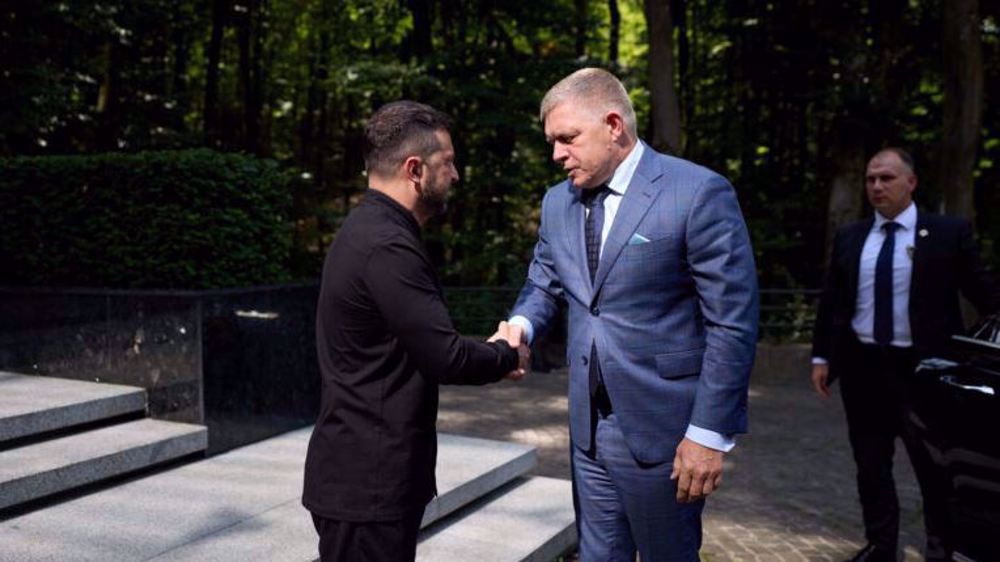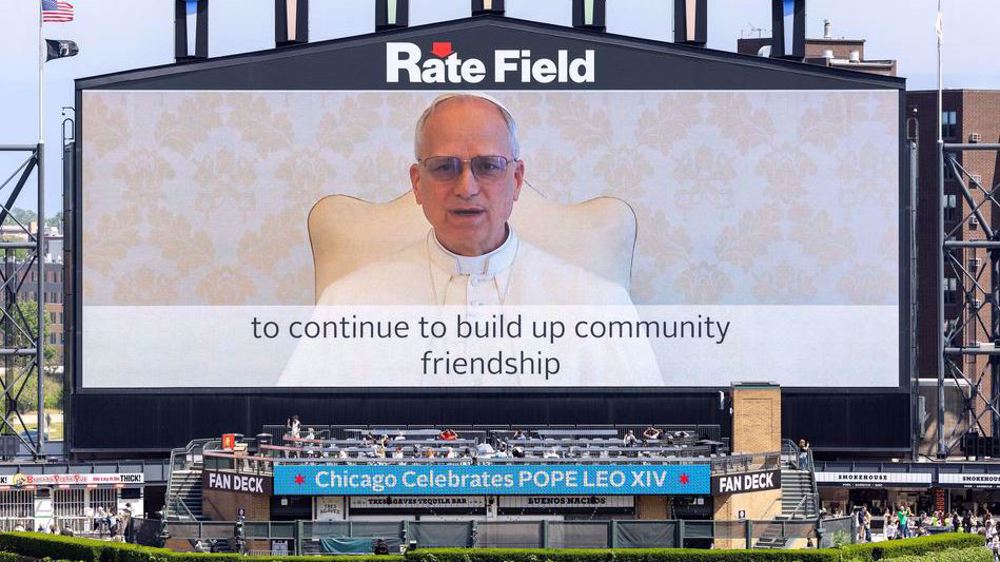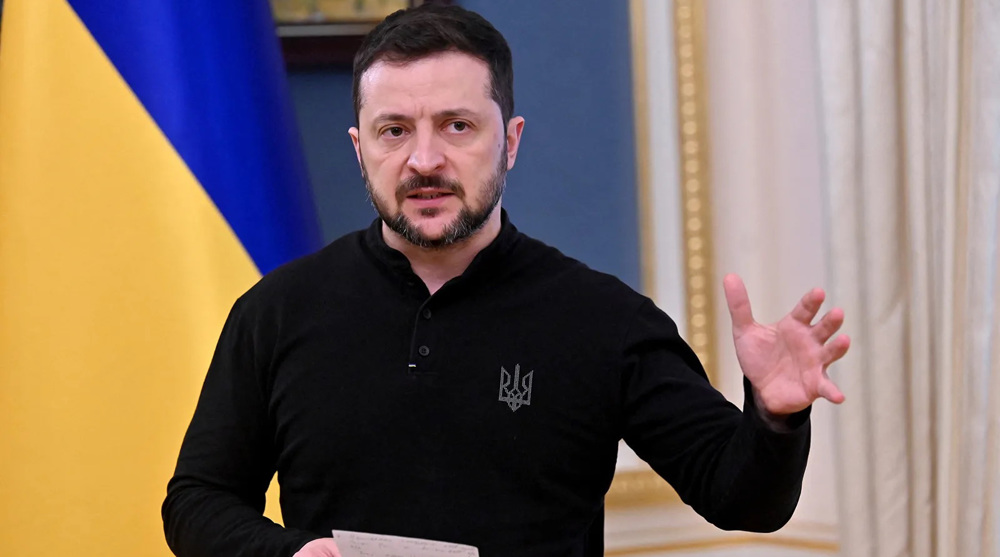Bosnian Muslims mark 25th anniversary of Srebrenica massacre
Bosnians have commemorated the massacre of about 8,000 Muslim men and boys in Srebrenica, marking the 25th anniversary of killings that shocked the world and have stood out as Europe's worst atrocity since World War Two.
Nine newly-identified victims were buried at a flower-shaped cemetery near the town, where tall white tombstones mark the graves of 6,643 other victims.
"After 25 years we succeeded in finding his mortal remains, so they can be laid to their final rest," said Fikret Pezic, who buried his father Hasan.
The remains of some 1,000 victims of the massacre in the eastern town during Bosnia's 1992-1995 war are still missing.
Ifeta Hasanovic decided to bury incomplete remains of her husband, saying: "We were aware they cannot be complete after 25 years, at least there are some, I did not want to make any new delays."
World leaders addressed the ceremony by video link, unable to attend because of coronavirus epidemic. Instead of the tens of thousands visitors who typically attend the commemoration each year, only a few thousand came after organizers banned organized visits.
During the Bosnian war, Bosnian Serb forces pushed non-Serbs out of territories they sought for their Serb statelet.
Fleeing Muslims took shelter in several eastern towns, including Srebrenica, that were designated as United Nations "safe zones."
On July 11, 1995, the Serb forces commanded by General Ratko Mladic overran Srebrenica, which was protected by lightly armed Dutch peacekeepers.
They sent women and children away and captured and executed the men and boys they found. The bodies were dumped into mass graves and later exhumed by UN investigators and used as evidence in war crimes trials of Bosnian Serb leaders.
Most people at the commemoration were Muslim Bosniaks, reflecting conflicting narratives about the bloodshed - which hinders reconciliation nearly 25 years after the end of war in which about 100,000 people were killed.
Read more:
- Russia urges punishment for Bosnia massacre culprits
- Ex-Serb leader guilty of war crimes during Bosnia war: UN
- Serbia arrests 7 suspected of Bosnia’s Srebrenica massacre
- ‘Butcher of Bosnia’ gets life in war crimes case
The UN war crimes tribunal for the former Yugoslavia convicted Mladic and his political chief Radovan Karadzic over Srebrenica genocide, but they remained heroes for Serbs, many of whom deny that genocide happened.
(Source: Reuters)
VIDEO | Press TV's news headlines
VIDEO | Iran will not 'capitulate' since it has military surprises for US
China overtakes US as Germany’s top trading partner
VIDEO | Displaced Gazans struggle to find clean water amid Ramadan
VIDEO | Pakistan strikes militant camps along Afghan border after suicide bombings
Iran FM: Chance still exists for win-win solution to nuclear issue
Denmark rejects Trump's plan to send US hospital ship to Greenland
US Secret Service kills man trying to enter Trump’s Mar-a-Lago estate










 This makes it easy to access the Press TV website
This makes it easy to access the Press TV website